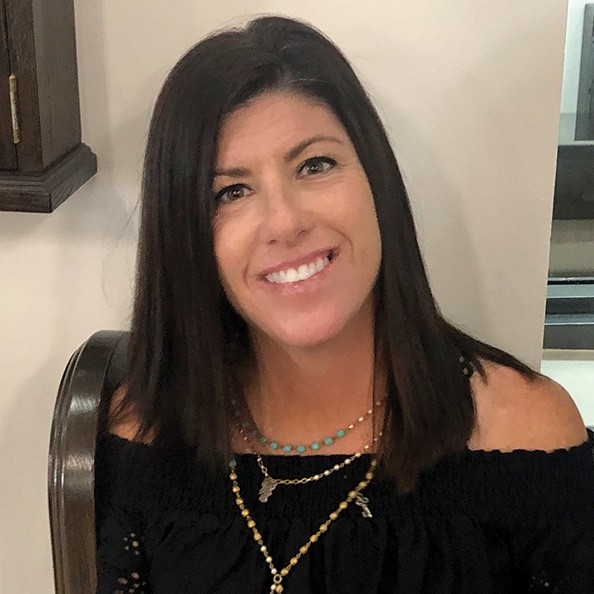By Julie Wright, President
Sometimes I wish I were a doctor, police officer or bartender so that when asked what I do for a living, my answer wouldn’t produce that awkward pause followed by, “So what is PR exactly?”
A LinkedIn poll found PR Manager to be the seventh most misunderstood position in the workforce. (Fun fact: The poll asked parents to explain what their son or daughter does for a living, and 42 percent of respondents said they couldn’t accurately describe the PR profession. I’m not sure my parents really know what I do, either).
 Apparently, public relations is a tough concept for many people to grasp. In a way, it falls in the grey area of other practices, such as marketing, advertising and journalism.
Apparently, public relations is a tough concept for many people to grasp. In a way, it falls in the grey area of other practices, such as marketing, advertising and journalism.
Sometimes our tasks overlap and we may take care of a brand’s marketing. Many PR practitioners have writing abilities on par with the best journalists. Yet public relations has its own arena and should not be lumped together with other professions.
For the hundreds of people that are bound to ask you, “PR? What’s that?,” PRSSA developed this crowdsourced definition:
“Public relations is a strategic communication process that builds mutually beneficial relationships between organizations and their publics.”
For a more down-to-earth explanation, you might just say:
“I achieve media coverage for our client partners as well as maintain relationships for them.”
Similar to a marketing professional, we want to improve our clients’ images, yet PR has an entirely different approach. We invest our time in the relationships that make a difference and use these to best help the brand. In helping earn our clients media coverage, we create awareness and hopefully interest from potential customers, donors, investors and others. We’re able to preserve and heighten our clients’ reputations by communicating where their target audiences are.
Sometimes our goals are the same as an advertising campaign’s, but rather than paying to put our clients’ messages out, we earn people’s attention by being exciting, fresh, unique or relevant to their interests.
Sometimes our goals are the opposite of an ad campaign and we’re helping our clients manage unwanted attention. When things go wrong, contrary to popular belief and pulp fiction, we don’t cover things up, but instead attempt to explain the issue in a transparent and ethical way.
Today, we’re not just earning attention and managing reputations through media exposure and special events, but through clever, strategic social media and content creation programs.
Although PR is a very misunderstood profession, it’s an essential part of business for brands to survive and thrive.
Check out our related posts below:
Hashtag Flawless: The #CallMeCaitlyn Transformation is PR Gold







 Grant Wright
Grant Wright




 Corie Fiebiger
Corie Fiebiger
 Shae Geary
Shae Geary Roman Lukjanenko
Roman Lukjanenko Phelan Riessen
Phelan Riessen Katrina Early
Katrina Early Hamish Marshall
Hamish Marshall